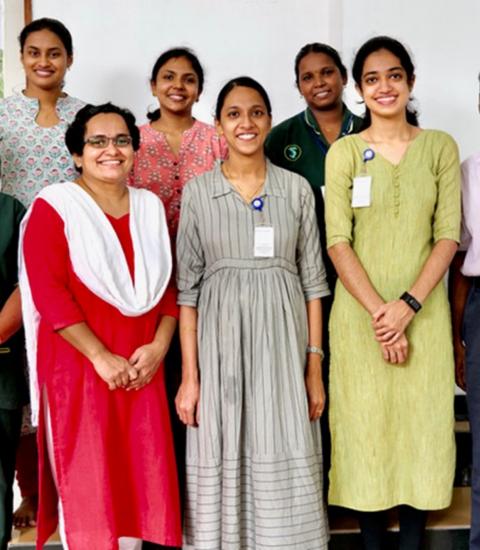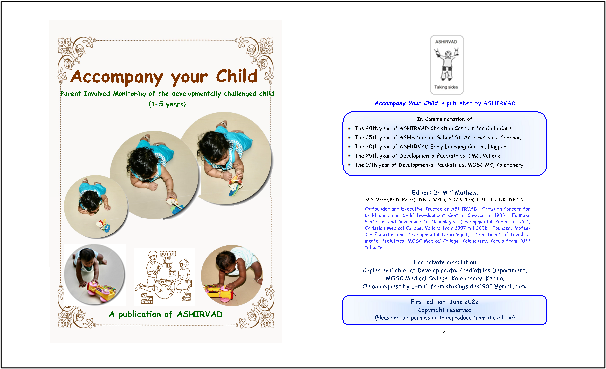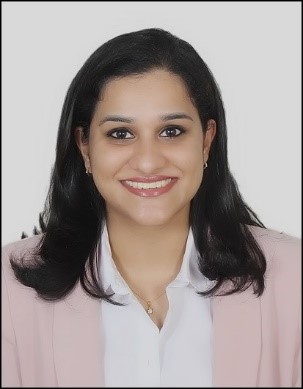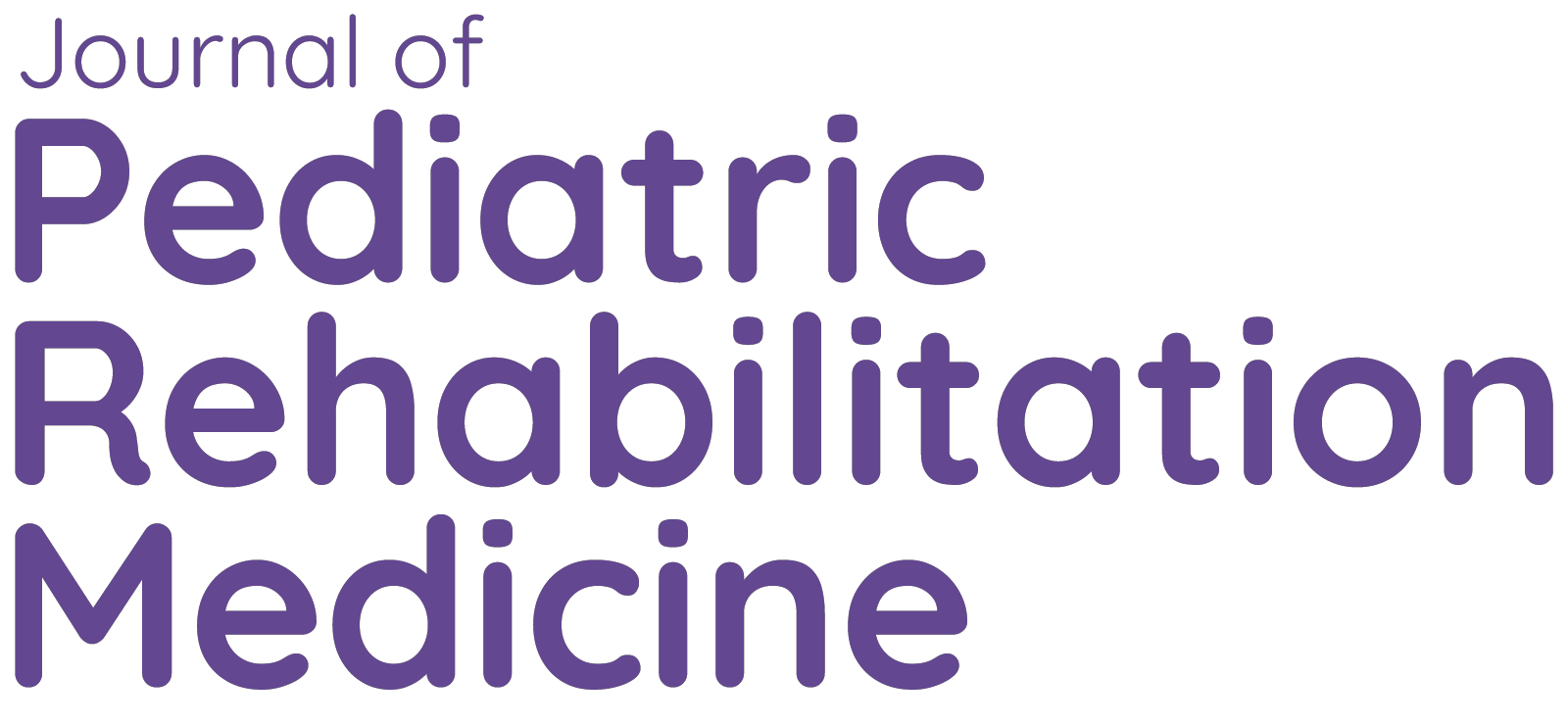
24 August, 2022 – Vinitha Varghese, MBBS, MD, PM&R
“Build to Belong” is the motto of the Department of Developmental Paediatrics at the MOSC Medical College. This theme is evident in every aspect of work done by members of the childcare team throughout the Department. The practice of evidence-based medicine is the thread that binds their services together. The Department’s successful outcomes and numerous academic publications have helped establish its position as a referral Centre of Child Development and Pedagogy for developmentally challenged children!
I would like to share my observations about the Department of Developmental Paediatrics at the MOSC Medical College, which is an excellent model for providing effective, evidence-based care to children with developmental challenges and their families.
The focus of their academic work includes pursuit in understanding the dysmorphic states, Vitamin D metabolism, Electroencephalogram, handedness, sleep-wake rhythm, causal pathways, confounders, and comorbidities in children with developmental delay.

As you enter the portals of the Department of Developmental Paediatrics at the MOSC Medical College, one is welcomed by bright walls radiant with drawings, paintings, and quotes of encouragement for children, adults, parents, and grandparents.
”What are beautiful walls for except for telling the story of that place?”
The inception of the Department began 10 years ago when a Developmental Neurologist, Professor MC Mathew, MD, PhD, formerly the founder and head of Department of Developmental Paediatrics at Christian Medical College, Vellore, was invited to start a service for children with developmental disorders.
Space initially donated by the Department of Forensic Medicine to start the Department underwent a metamorphosis to locate the different functions including a Family Life Centre, a resource Centre displaying the different stages of child development.
On Monday mornings, with a candle lit, the department gathers around to pause for a moment in prayer. The plan for academic responsibilities for the week is discussed, while children and relatives begin to fill the corridors with echoes of their laughter and interaction. The children playfully engage with toys, thoughtfully placed for them in the arrival hall for all age groups, as they wait for their turn for consultation or developmental appraisal. Following COVID-19, a single parent is ushered in to share their story with MC, as he is often called, where every parent is given an attentive ear! The child is then led into the consultation room. MC sits beside the child, on a small chair, to greet the child at their eye level.
What follows next is a meticulous clinical examination, which one rarely sees in current times, where the investigations have taken precedence over bedside clinical observations. As an observer of this interaction, I was amazed by the patience, grace, and wisdom of MC, as he started from the scalp and ended with the toenail.
As a visiting observer and a physician with an interest in child rehabilitation, what dawned on me was the process of finding the “causal pathway” for the clinical presentation of the child. This is crucial for the developmental planning for a child! There was also reassurance that one does not have to draw conclusions at the first visit. Instead, one can be open to the various possibilities during subsequent visits in order to offer a child the ideal service. The plan for the child is then discussed with the family by MC. Another colleague debriefs both parents and other professionals who would work with the child. This unique system of providing a plan for the subsequent visits comforts the parents and provides a sense of direction. It was evident that the holistic needs of the family, including their financial background, are taken into consideration in this planning process.
If one visits the Early Learning Centre (ELC), a facility established by the Department for preschool children with developmental needs, what catches your attention is the well-groomed garden with an outdoor play area for children. Children, accompanied by a parent, arrive for their play-based learning with the occupational therapist, speech-language specialist, and developmental psychologist. I witnessed a few of these interactions between therapist-child-parent, and what remains with me is that every child has a well-thought-out activity schedule. If for some reason a child is restless or unhappy, the therapist sings to the child to help the child be calm! What an endearing sight to witness, especially in this day of screen time, when the most often used method is the phone! To my pleasant surprise, the ELC has an area dedicated to water play, although it was temporarily closed in keeping with COVID-19 restrictions.
The walk to the Learning Resource Centre (LRC), another of the Department’s facilities, through the Hospital corridors opens into a world of color. The center is divided into themed rooms, the work of undergraduate medical students who spent time in the Department. The LRC welcomes children of early school going age, to prepare them for preschool or school.

The professionals with their bright smiles, acts of kindness and mindfulness keep this Department vibrant and alive! This Child Development Centre is a home for children and parents where their needs are attended to in a mindful way!

Vinitha Varghese, MBBS, MD, PM&R
Dr. Vinitha began her work in the field of Rehabilitation Medicine as a junior doctor at Christian Medical College, Vellore, and thereafter completed her training at the same institution. She has managed patients with acquired and congenital brain injury, spinal cord injury, and children with physical disability and developmental delay. Her areas of interest during her residency were cognitive rehabilitation in adult acquired brain injury and alternative and augmentative communication in children with speech and language impairment.
